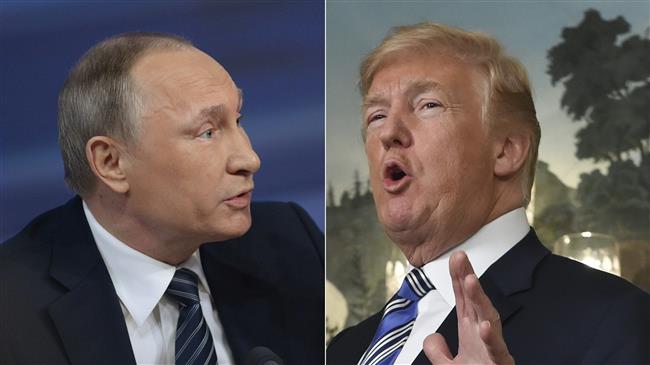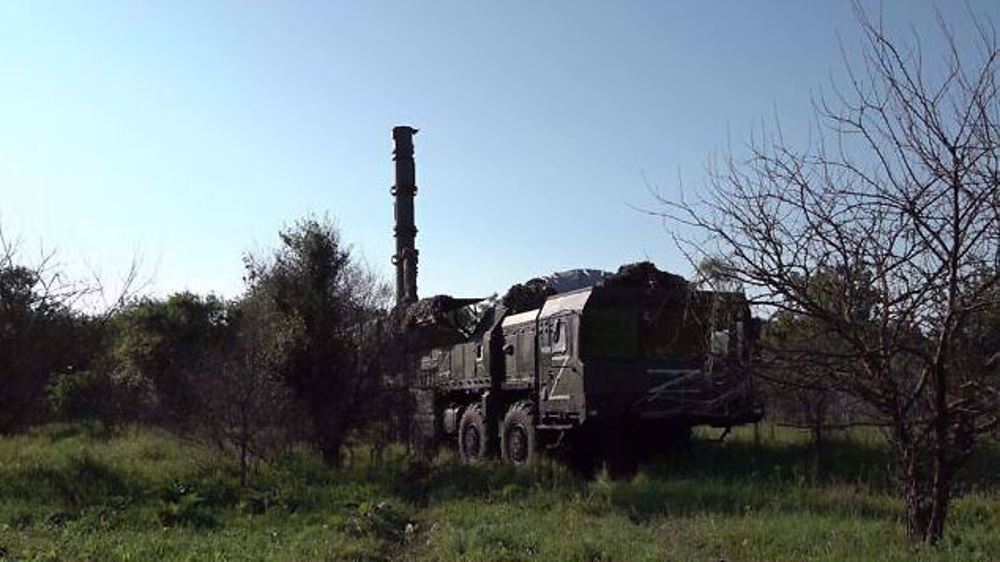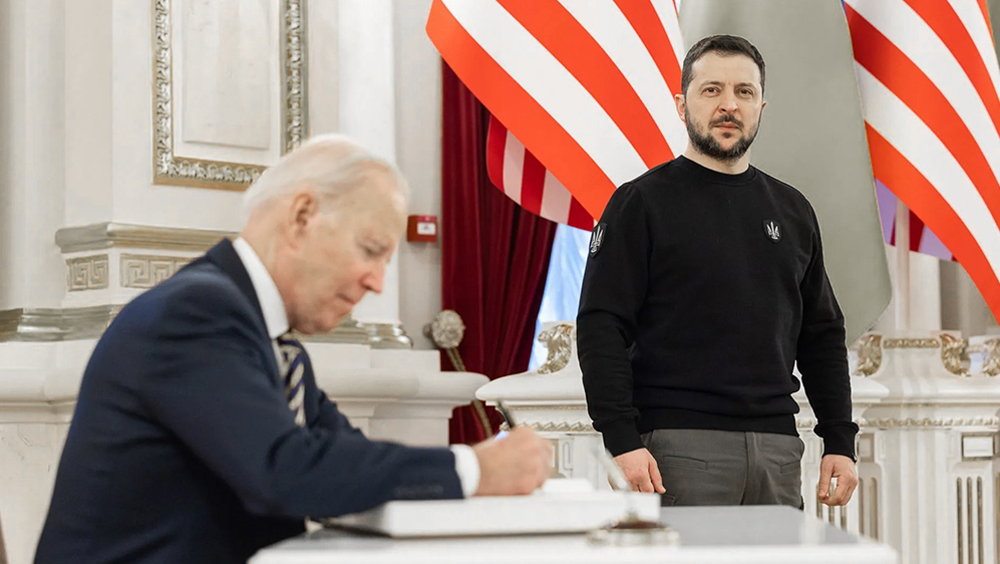Crimea ‘inalienable’ part of Russia, not to be discussed at Putin-Trump meeting
The Kremlin says the Black Sea peninsula of Crimea, which rejoined Russia after a referendum in 2014, is an “inalienable” part of the country and not a subject on the agenda of an upcoming meeting between Russian President Vladimir Putin and his US counterpart Donald Trump.
"The Russian president has stated many times and explained to his interlocutors that such an issue as Crimea cannot be and will never be on the agenda as Crimea is an inalienable part of Russia,” Kremlin spokesman Dmitry Peskov told reporters on Monday.
“All other issues are a matter of a consensus, for discussions and a search for possible common ground," he added.
Peskov also noted that political willpower in fostering top-level Russian-US dialogue had succeeded despite differences the two have on a range of issues.
"No doubt, Moscow and Washington have many issues where their positions are diametrically opposed. But you see that now political resolve has prevailed and at the moment understanding is growing that such issues for discussion should not be an obstacle on the path to establishing and expanding bilateral dialogue, in this case at the top level," the Russian official said.
The two leaders are scheduled to meet at first one-on-one talks in the Finnish capital Helsinki on July 16.
The rejoining of Crimea to Russia came following deep political changes in Kiev where a pro-Western movement staged weeks of street protests that led to the ouster of a pro-Russia government in the country.
People in Crimea and in the industrial eastern territories of Ukraine, areas which are dominated by ethnic Russians, effectively refused to endorse a West-backed new administration in Kiev. Crimea decided to rejoin Russia in a referendum in March 2014 and two provinces in the east revolted by establishing self-declared republics.
The West brands the reunification as annexation of the territory by Russia.
Kiev and its Western allies also accuse Moscow of supporting pro-Russia forces in eastern Ukraine, an allegation the Kremlin vehemently denies.
The war in eastern Ukraine has left over 10,000 people dead and more than a million displaced, according to the United Nations.
VIDEO | Jordanians continue rallies to denounce Israeli genocide in Gaza, Lebanon
6 Israeli soldiers commit suicide: Reports
Diplomat discourages recourse to pressure, intimidation, confrontation against Iran
UN: 2024 deadliest year for aid workers amid genocide in Gaza
Gaza health official warns of hospital shutdowns within 48 hours
Israel kills 5 more paramedics in southern Lebanon: Health ministry
Iran to launch ‘new, advanced’ centrifuges in response to IAEA resolution: AEOI
Yemen fires hypersonic missile at Israeli airbase











 This makes it easy to access the Press TV website
This makes it easy to access the Press TV website